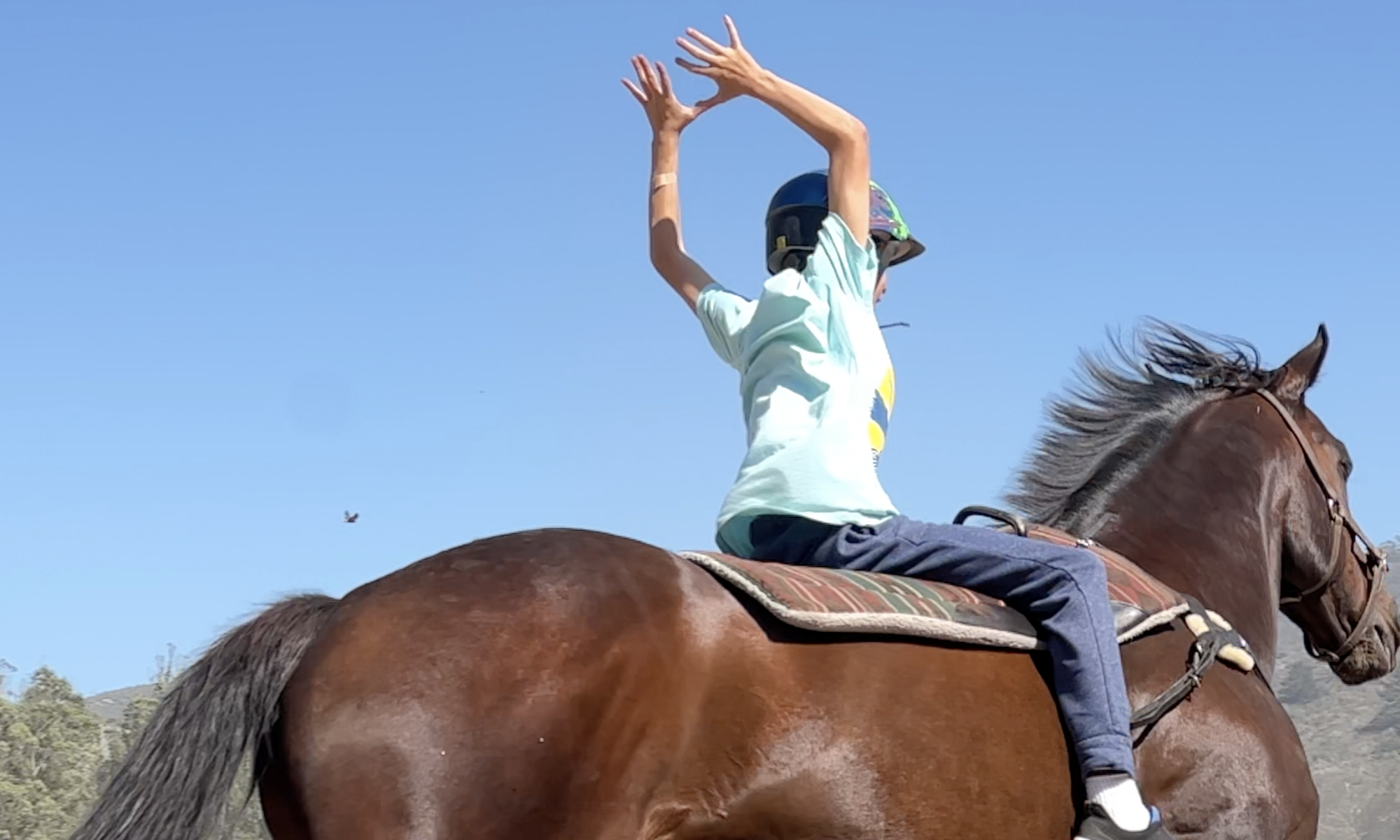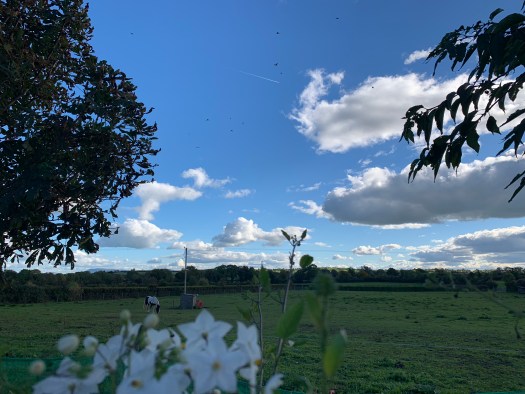We are publishing this to address a question that has been posed to us over and over recently in light of the media stories of horses dying on California racetracks.
Even one dead horse is too many for us horse lovers – but here are some things you may not know about horse racing in California.
#1. Racing in the US is a gambling sport. The rules of racing laws protect the gambler – that is to say – laws of racing are intended to present information to the gamblers who place bets on racing. The money for purses is raised as a portion of the gambling. The Governor appoints a horse racing board – volunteers who oversee racing operations.
#2 Racing in the US is parimutuel gambling. That means bettors bet against each other and not against the house (like a casino) and not against a handicapping system (as it is in England and Ireland).
Say there are 10 horses in a race and 10 bettors each bet $10 – the parimutuel pool is now $100. The state of California takes out a percentage right off the top – as does the track – including a portion that goes directly to a racing purse account – the rest of the money is in a betting pool and the proceeds are paid out of that pool to the betting public.
Why is this important? It means that the racetrack’s job is to keep racing fair. Keeping the faith of the gamblers is the life’s blood of the business. So – drug testing is stringent and regulators work to stay up to date on testing methods and funding programs and systems to manage any person trying to “cheat.” In every parimutuel California race, at least two horses and up to five horses will be drug tested immediately after the race.
What’s all this talk about racing surfaces?
The surface of a parimutuel racing track is maintained by a team of engineers, equipment operators and horsemen. The track is groomed to maintain a consistent footing before every race and usually at least twice (sometimes three times) in the morning during workouts. Efforts are made to address any track inconsistencies immediately. If you show your horse – you have experienced good and not-so-good and downright bad footing at different events. Opinions can vary greatly about the same surface.
Why do racing people compete 2 year olds?
Not every breeder does. Some refuse to compete horses until at least their 3 year old year. As with cutting futurities, young jumper classes and the like – some breeders are eager to prove a new stallion and can’t wait to show the performance horse world what their horses are capable of. Some people simply look at the finances – waiting another year to compete a horse could cost another $10,000 or more. There is talk now that performance horse people – racing – jumping -polo – dressage – cutting and more are “competing to breed” and not “breeding to compete.” It’s a question that anyone who breeds performance animals should ask themselves.
What happens to ex racehorses after they can no longer compete?
Here’s where you get to be proud to be a Californian. California led the way in racing in developing legislation that took a percentage of each owner’s earnings from their horses and contributes it – unless the owner specifically signs a statement that they choose to opt out of the program – to a fund for placing retired horses who have raced in California. The fund is aptly called CARMA. Other states were quick to follow suit and soon after, the racing industry of North America led the way in forming the Thoroughbred AfterCare Alliance which not only distributes funds raised from breeders, sales companies, owners and special events now even racing fans at certain tracks can use the betting machines to contribute to the TAA – to qualified Aftercare providers. The TAA instituted an extremely rigorous process to identify best practices and a Gold Standard of care for facilities that are re-purposing or giving sanctuary to Off Track Thoroughbreds.
Does racing have work to do?
Absolutely.
A thoroughbred is bred and trained to give the racing public everything he’s got and that comports tremendous responsibility. Because racing is a gambling sport – horse deaths on parimutuel tracks are public information. Necropsy reports on race horse deaths have furthered the science for all performance and pet horses – informing veterinarians, farriers, feed companies of how to build better systems, products, and practices to keep our equine friends healthy.
Holding all who make a living and get pleasure from participating in equine sports accountable for the animals in our care is a moral responsibility that we share.
I’ve had the honor of knowing some brilliant horsemen in my 30 years in this business. Veterinarians, trainers, policy makers, breeders and fans. From cowboys to Grand Prix riders and everything in-between and many of the most brilliant, the most committed and the most dedicated – have been in the racing industry. And of course, I’ve met some bad apples – people who see not only the animals in their charge but also employees are commodities to be exploited.
So where do we go from here?
Changes come when the public demands accountability. But real change comes when we use this outrage to look at our own selves and hold ourselves accountable to the animals we love and DO something about it. Some things you can do right now are:
- Donate to a TAA Accredited charity that actively funds care for ex racing horses and pensioned broodmares. Yes – like Square Peg Foundation
- Adopt an ex racehorse and commit to his/her care for the rest of their lives – not just for how long you can ride them.
- Offer to volunteer at a local equine sanctuary. Even if you can’t or won’t clean stalls, you can help with fundraising events, answer the phone or emails, design the website.
- Make a retirement plan for your own horse(s) including funds and care instructions for your horse in the event of your death or disability.
- Get informed and stay curious about the facts. Remember that news sources are commercial ventures and sensational information is what sells. Talk to your veterinarian, call the California Horse Racing Board and check your news and information sources for reliability.
- If you see abuse at your barn – calmly address it in a way that helps make real and lasting change.
- Read up on drug and treatment strategies so that you can make intelligent, informed decisions about animals in your care. And understand that these studies are evolving and drugs and treatments that we thought were effective and safe may turn out to be otherwise.
This morning, our vet and I euthanized Cayambe a 15 year old thoroughbred who raced 67 times and made $581,000 for his connections. His gallant heart raced for fans all over this country and in each race, he gave everything he had. Being there for our equine friends in their time of need is hard and necessary and it’s the price we pay for the honor of being around a being that is willing to give us everything they’ve got.
Thank you Cayambe.














 These are actual things I hear regularly:
These are actual things I hear regularly: